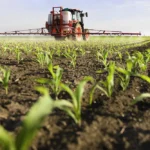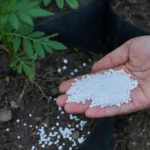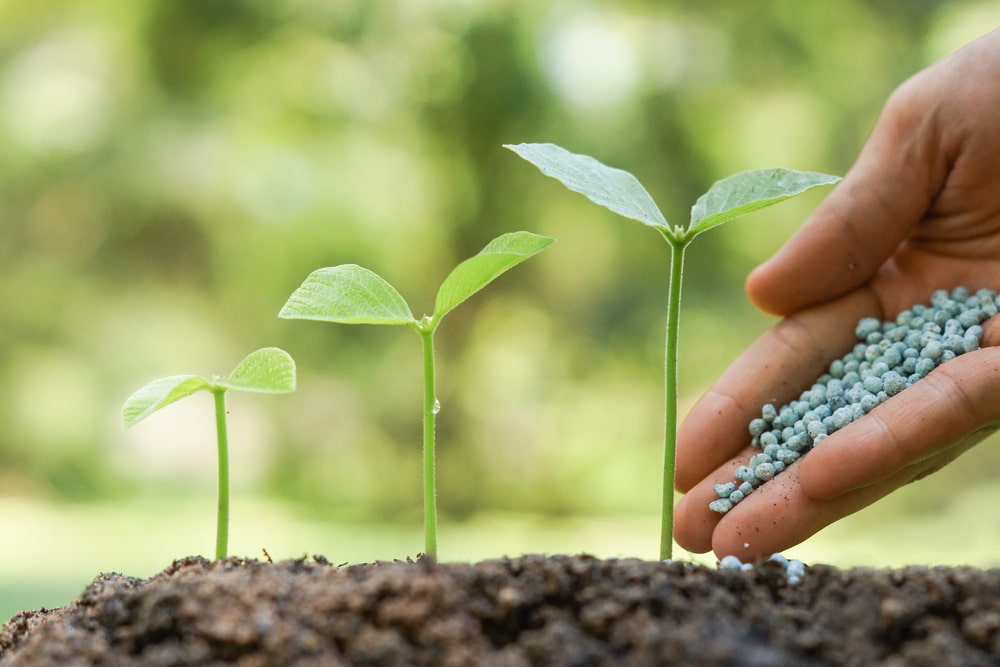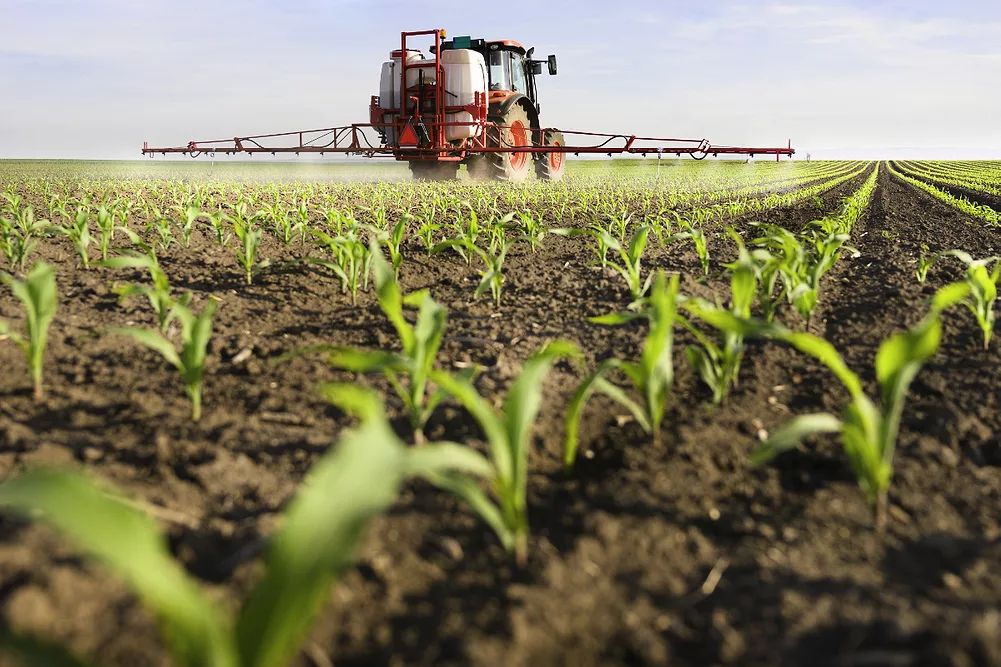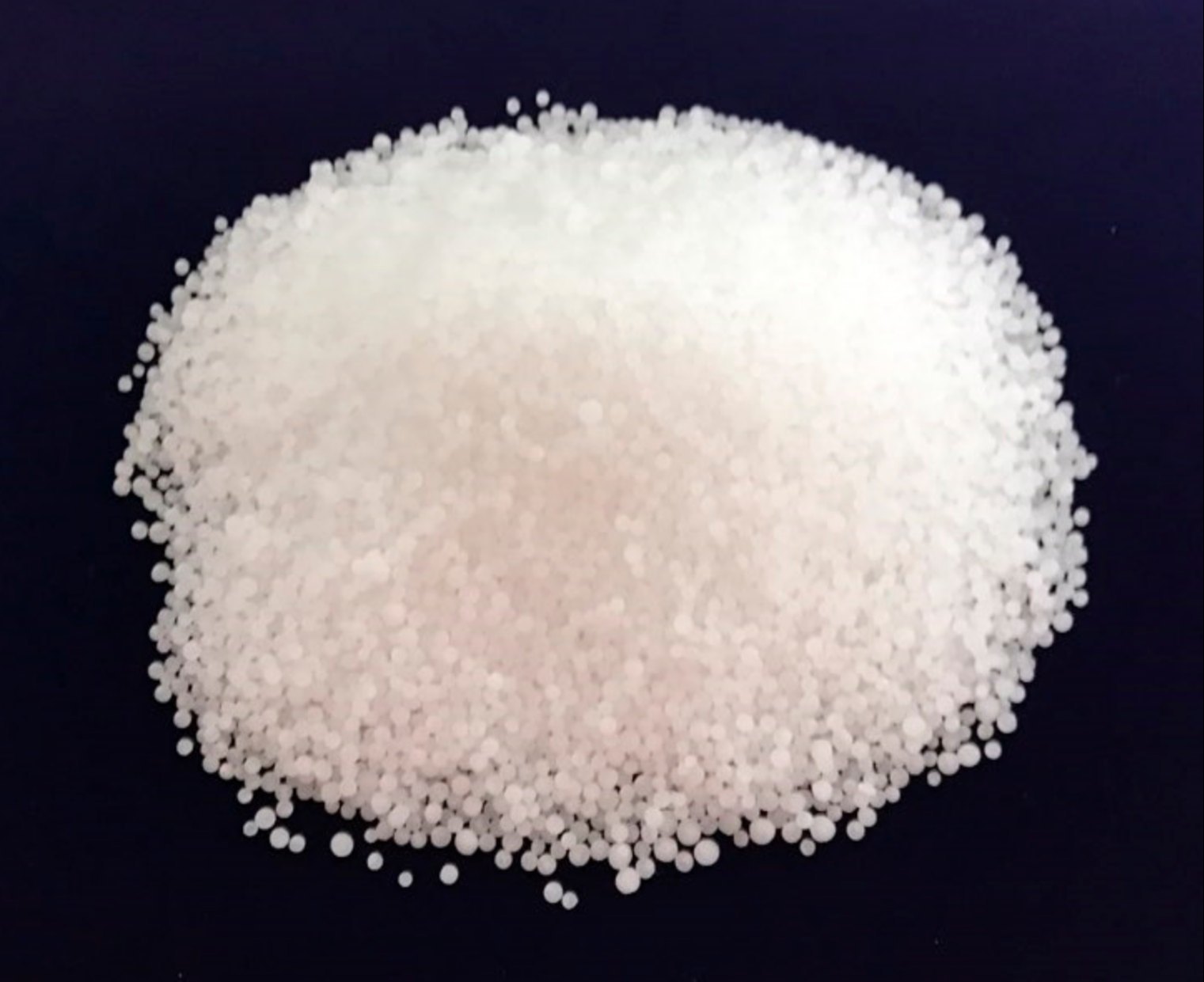India’s Kharif crop season is facing a major challenge due to a severe Indian fertilizer shortage. Farmers across the country are struggling to get the essential fertilizers they need on time. This disruption in the supply chain is putting agricultural productivity and farmer livelihoods at risk.
In response, the National Human Rights Commission (NHRC) has stepped in. It issued formal notices to the Chief Secretaries and Directors General of Police of all Indian states and union territories. The move comes after a surge of complaints from farmers unable to purchase fertilizers during the critical planting period.
The NHRC has demanded an immediate and thorough investigation into the causes of the shortage. It stressed the urgent need for corrective measures to ensure that farmers receive timely fertilizer supplies. The commission warned that further delays could severely impact crop yields, food security, and rural incomes.
The Indian fertilizer shortage has been driven by several factors, including global supply disruptions, increased demand from farmers, and logistical challenges in distribution. Experts say that the COVID-19 pandemic’s lingering impact and rising raw material prices are contributing to the crisis.
Government officials are now under growing pressure to resolve the Indian fertilizer shortage by strengthening the supply chain, importing additional stocks, and encouraging local production. In addition, transparent communication with the farming community is necessary to reduce panic and confusion.
Fertilizers are critical to improving soil fertility and ensuring healthy crop growth, especially during the Kharif season. This decisive government action marks a key step toward solving the fertilizer crisis and supporting the nation’s agricultural sector and food security.

